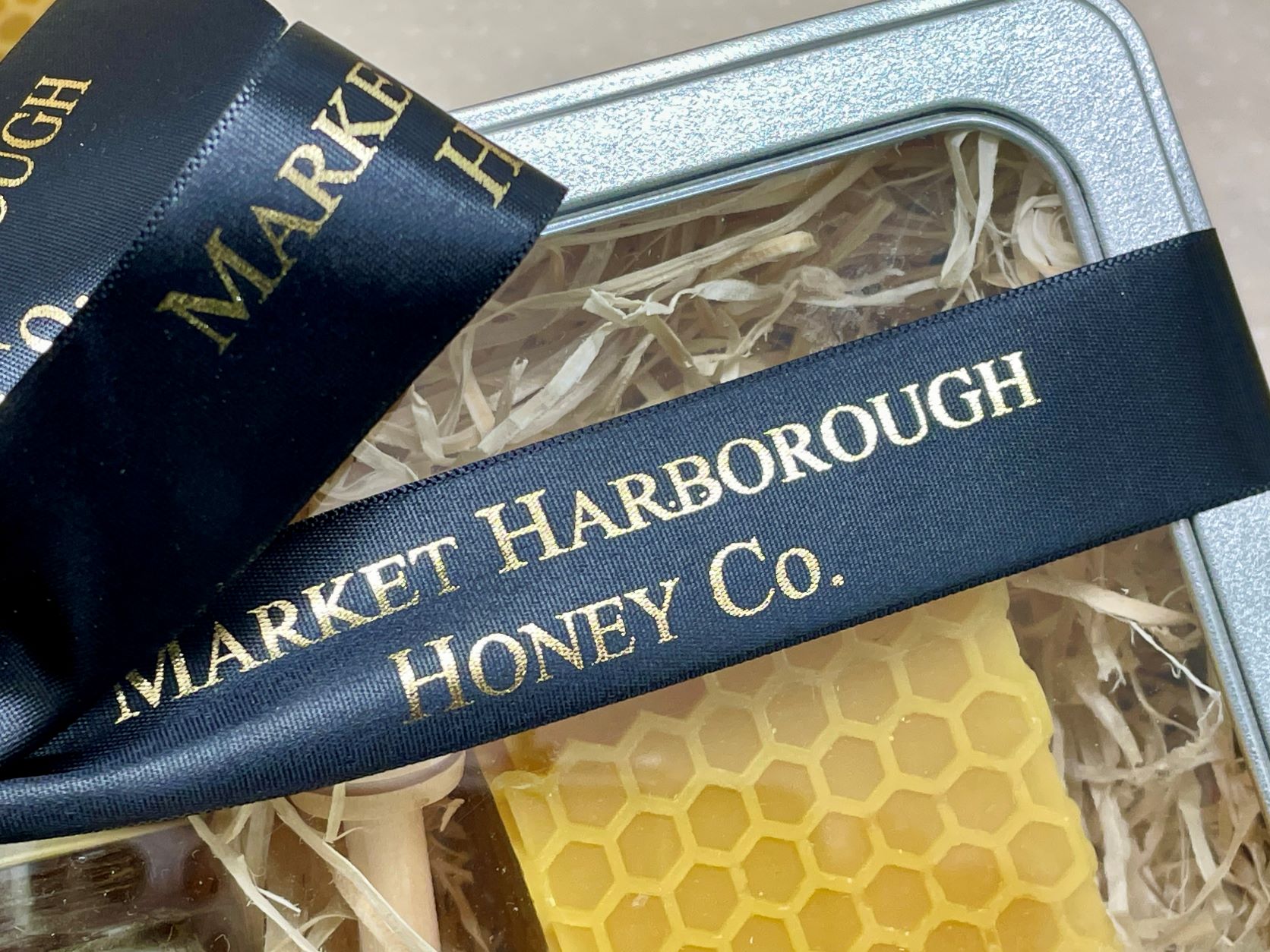This year for World Bee Day 2022, which is Friday 20th May, we are working with St Joseph’s Catholic Voluntary Academy in Market Harborough to promote bees and biodiversity in their school. We have set the children a task of designing and drawing a bee friendly garden, the closing date for the entries for the 2022 World Bee Day drawing competition is Friday 27th May and the winners and runners up will be announced on during week commencing Monday 6th June after the half term break.

What’s up for grabs?
There are around 200 children who attend St Joseph’s, this is split across six classes plus foundation. We are giving away seven jars of local Harborough honey and one luxury honey gift box!
There will be one overall main winner who will receive the Luxury Harborough Honey Gift Box! There will also be a runner up from every class who will receive a pot of local Harborough Honey along with a honey dipper and pack of bee friendly flower seeds!
We cannot wait to see your World Bee Day garden designs!
Some of the entries…
Check out some of these drawings from the 2022 World Bee Day drawing competition, winners will be announced during the week commencing 6th June 2022.
What is the buzz with World Bee Day?
World Bee Day takes place on the 20th May every year and is aimed at spreading the awareness of the significance of bees.
Bees are one of the most important pollinators on the planet, ensuring food and global life security, sustainable agriculture, not just here in the UK but over the entire world, and biodiversity, and they significantly contribute to the mitigation of climate change and the conservation of the environment which is really important.
-
Bees are crucial for pollination of plants and crops
-
Bees are required for biodiversity and environmental protection
-
Sustainable farming and income to farmers. Cultivated plants require bees to pollinate them, sustainable farming provides jobs and food that goes on our plates.
-
Bees contribute to very complex, interconnected ecosystems that allow a diverse number of different species to co-exist.
-
Bees and insects add in the region of £200 – £400 million into the UK economy through pollination of crops every year.
-
Not just crops, bees also contribute to the growth of wild flowers and plants
What we are doing for the school
In the school playground we have identified a narrow strip along a fence line which catches the sun all day, a “sunflower” trap you could say. This is going to get a transformation and turn it into a tightly packed row of giant sunflowers! This fence is in a prime position that almost everyone will see! Fortunately there is just enough space to get these planted!
St Joseph’s will work with the children to get these planted and transform the look of their playground.
We are providing the school with:
-
2x Packs of giant sunflower seeds
-
1x Roll of garden string
-
30x Long bamboo canes
-
30x Plant pots to start the seeds off before planting out
-
6x 30L bags of topsoil
-
6x 50L bags of multi-purpose compost


Other things we have been up to this year
Earlier in the year we have been busy planting trees and repairing hedge lines. This is not to assist with being a source of food for bees and other creatures, but also creates living spaces for other insects and wildlife and areas to nest in when its established.
Earlier this year we have planted in our own apiaries
-
18 Fruit trees
(3x Pear, 3x Plum, 12x Apple) -
2000 Bare root hedge plants
(Mix of hawthorn, blackthorn, common buckthorn, sea buckthorn, dog rose, hazel, privet and holly)


























